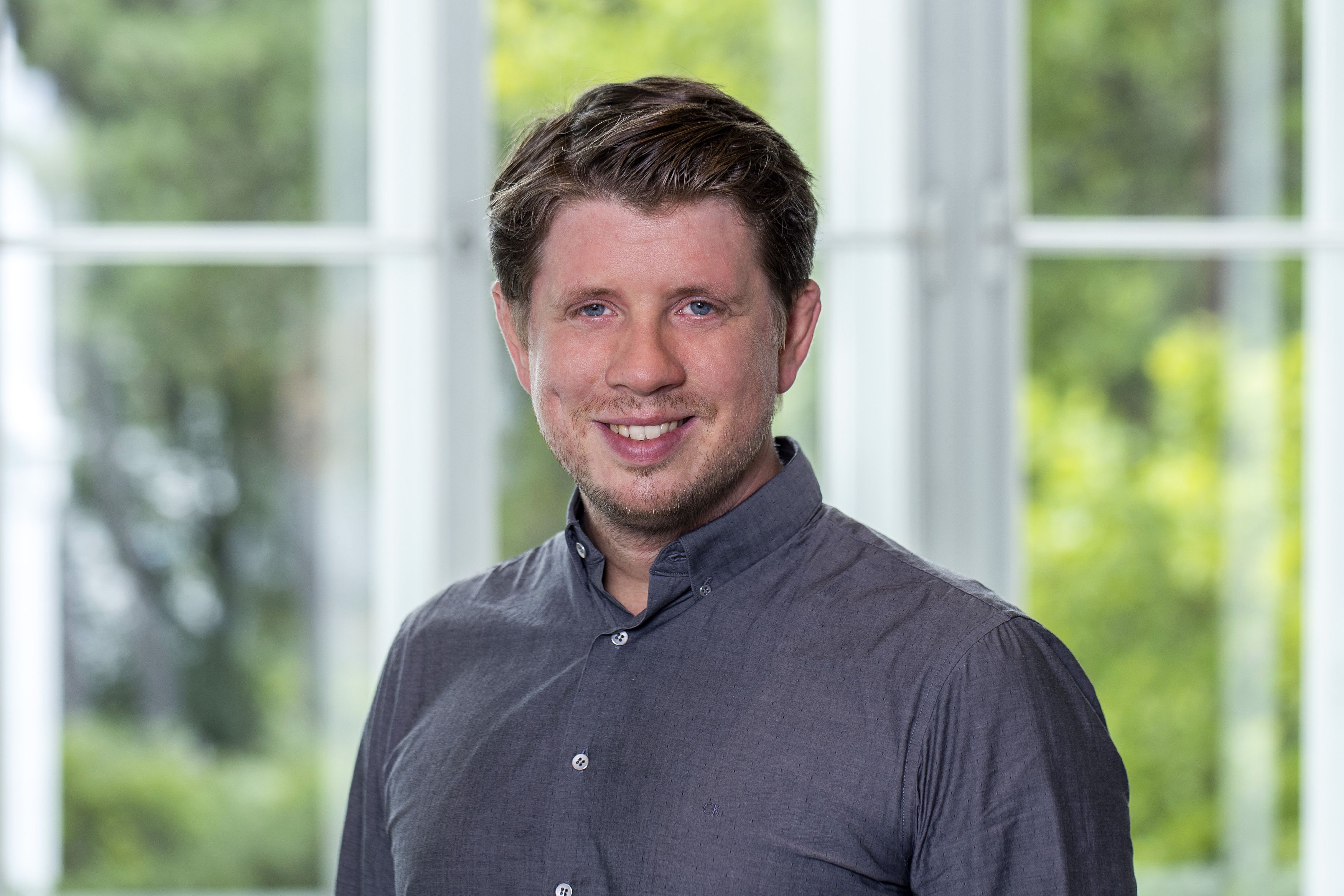
Vienna (APA, 10 January 2022) - The Club of Education and Science Journalists has named complexity researcher Peter Klimek from MedUni Vienna "Scientist of the Year 2021". Peter Klimek has been one of the most visible scientists throughout the pandemic.
The scientist, who was born on 17 August 1982, already had a very tight schedule before the extra demands imposed by the coronavirus pandemic. "Unfortunately, I now have even less time for hobbies," the father of two young children told APA. The researcher says that his New Year's resolution is to spend as much time as possible with his family. The physicist, who grew up in a winegrowing family in Lower Austria, could not have predicted that he would play a role the biggest health crisis in generations.
Klimek was the first in his family to sit the Matura and go to university. As a child, he helped out in the family wine business. As a teenager, he was fascinated by Anton Zeilinger's quantum teleportation experiments and set out to understand the background. After the family moved to Vienna, the assiduous student, who liked to do his homework at school to save time for other activities, realised that he wanted to become a physicist.
He therefore started a physics course at the University of Vienna. He wrote his dissertation on the subject of theoretical quantum information at the Institute of Quantum Optics and Quantum Information (IQOQI) of the Austrian Academy of Sciences (ÖAW). But then his interest turned to chaos research.
Apart from physics, Klimek also became involved early on with philosophy, completing the first part of the degree course, and aspects of humanities. He has retained his openness to new topics and his search for new knowledge.
Statistical method for detecting irregularities in elections
As a PhD student, he started working with Stefan Thurner, with whom he now collaborates at the Complexity Science Hub (CSH) Vienna and at the Medical University of Vienna. In the research group for complex systems at MedUni Vienna, Klimek approached a wide range of research questions. These also included projects relating to social problems, such as bureaucracy. All of his work was based on data, which he analysed using computer-assisted methodological approaches. The physicist became a complexity researcher.
He subsequently applied this methodology to biological, economic, socio-political and sociological issues or to risk management problems. Some of his additional projects, such as a specially developed statistical method for detecting irregularities in elections, drew media attention to him for the first time. Klimek emphasises that he has always seen explaining scientific content - for which the Club of Educational and Scientific Journalists is now honouring him - as part of a scientist's job.
After brief stints at the International Institute for Applied Systems Analysis (IIASA) in Laxenburg near Vienna and in Germany about ten years ago, he started work as a postdoctoral researcher and assistant professor at MedUni Vienna. Since 2017, he has been an associate professor there, as well as a "faculty member" at the then newly founded CSH.
Adding value to society with data research
In terms of content, Klimek has been very much involved with medical issues for about ten years now. This was partly due to a case of cancer in his family. This prompted Klimek to explore, amongst other things, why young and otherwise fit people fall ill in this way. This research is, of course, powered by healthcare data. For example, together with MedUni Vienna's gender medicine expert and "Scientist of the Year 2016", Alexandra Kautzky-Willer, he discovered that insulin treatment can increase the risk of cancer and how to prevent this.
Klimek explains that it eventually became clear that data research can add value to society. The present award-winner is now doing this in connection with the Coronavirus pandemic, which he and the team at CSH are monitoring, for example, as part of the Covid forecasting group. As soon as the pandemic began, Klimek and Co immediately redirected the focus of their research to this issue. If nothing else, the pandemic has been a spectacular reminder that the spread of infectious diseases can be far more complex than often assumed.
Many ideas have had to be rethought over the course of the past two years or so. The approach of understanding the world as a large, complex network has proved to be helpful in this respect, he says. Should the pandemic subside, he wants to continue working on the by no means trivial question of "how healthy we Austrians actually are," Klimek says.
Last year, Elisabeth Puchhammer-Stöckl, a virologist from MedUni Vienna, was also named Scientist of the Year.
APA(nt/riß/cm)